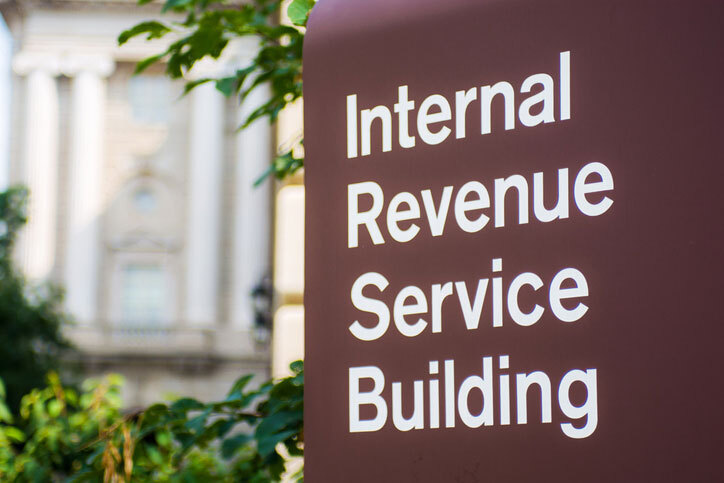Tax Liens Affect Your Credit — FALSE
A common misconception is that a tax lien negatively impacts your credit score. Although this was once true, tax liens have been ordered to be removed from credit reports as of April, 2018. Prior to 2018, paid liens would remain on a credit report for seven years, while unpaid liens could last up to ten.
The NCAP, or National Consumer Assistance Plan, was influential in swaying reporting agencies to change their policies. Major credit reporters Experian, Equifax and TransUnion came together to create the NCAP. These companies all agreed that lien reports are often so inaccurate that it would be in the best interest of consumers to remove it altogether. The time, money and resources once spent on correcting tax lien data to stay in line with the Fair Credit Reporting Act can now be utilized differently.
How do I find out if a tax lien is on my credit report?
Each credit bureau provides a free credit report per year upon request. You can request your credit report from a bureau of your choice. Be sure to read your report thoroughly for any mistakes or outdated information. Incorrect data must be fixed in compliance with the NCAP.
Being negatively impacted by a tax lien currently?
In the case of a tax lien that was on your report prior to 2018, the bureaus did not automatically remove the lien from your file. You must dispute the lien to get it removed by disputing the claim yourself, or enrolling in the Fresh Start Program.
TaxRise specializes in helping delinquent taxpayers in qualifying for Fresh Start and ensures the best resolution possible for their tax case. You can pre-qualify here.
What happens if I choose not to do anything about the lien on my file?
Of course, it’s your choice at the end of the day to get the tax lien removed. However, you may want to consider some negative affects that it will have on your personal life.
If you’re a student, a tax lien can hinder you from being approved for a loan. Likewise, someone looking for a home or auto loan would be highly unlikely to be approved with a tax lien on their report. If you do manage to get a loan, the interest rates will be sky-high that can hurt your finances later.
Steps to removing tax liens
- Fill out our short survey
- Get connected with one of our Tax Resolution Officers
- Enroll in Fresh Start
To learn if you’re eligible for the Fresh Start Program, click here.
Any new or systemic Liens and/or Levies will also be suspended for the time being.
For taxpayers who are considered “seriously delinquent”, the IRS will suspend any new certifications for the remaining period. Any taxpayer who falls into this category in reminded and encouraged to enter into an Installment Agreement or apply for an Offer In Compromise.
The IRS will not forward any new delinquent accounts to private collection agencies at this time.
Taxpayers have until July 15, 2020 to verify to the IRS they are qualify for the Earned Income Tax Credit or to confirm their income. If the taxpayer is unable to verify their credentials or provide appropriate documents for this credit, they are encouraged to notify the IRS before the deadline. No cases will be denied this credit for failure to provide requested information until July 15.
Case workers will continue business as usual. However, most case work will be conducted remotely (video/over the phone conferences). Any requests for documentation sent by the Office of Appeals should be responded to in a timely manner to ensure a smooth process.
The IRS will continue to take the appropriate measures to stay compliant and protect the applicable statutes of limitations. In situations where certain statutes may be compromised, taxpayers are encouraged to extend such statutes. Otherwise, Notices of Deficiency will be issued by the IRS and similar actions will be pursued to protect the interests of the government in preserving such statutes. Where a statutory period is not set to expire during 2020, the IRS is unlikely to pursue the foregoing actions until at least July 15, 2020.
Practitioners are reminded that PPS wait times may be significantly longer, depending on staffing levels and allocations going forward. The IRS will continue to monitor this as situations develop.
“The IRS will continue to review and, where appropriate, modify or expand the People First Initiative as we continue reviewing our programs and receive feedback from others,” Rettig said. “We are committed to helping people get through this period, and our employees will remain focused on these and other helpful efforts in the days and weeks ahead. I ask for your personal support, your understanding – and your patience – as we navigate our way forward together. Stay safe and take care of your families, friends and others.”
Learn how easy it is to qualify for tax savings.




